· Does it help me get to my goal?
· Is it fun?
If there isn’t a good reason, then just cross it off of your to-do list.
· Goal setting: it is much more important to do the right things adequately than it is to do thing right. Also, don’t do the wrong things beautifully.
Remember the 80/20 rule and ruthlessly shove the 80% of the things that don’t matter, off of your to-do list.
Inspiration is Important
“If you can dream it, you can do it!” ~Walt Disney.
Entire original Disneyland was completed from first shovel dig to first paid admission was completed in 366 days!
Planning is Essential
· Failing to plan is planning to fail!
· Plan each day, each week, each quarter (semester, whatever makes sense)
· You can always change your plan, but only once you have one!
To Do Lists
· Break things down into small steps
· Child can’t “clean his room” it’s too big, but he can ‘make the bed’, ‘put away the clothes’ ‘vacuum the floor’
· Do the ugliest thing (least comfortable or most impactful) first. [If you have to eat a frog, don't spend a lot of time looking at it first, and if you have to eat three of them, don't start with the smallest!]
– Being a boss is about “growing your people” so it is better to spend twice as much time teaching them how to do something than it would take you to do it yourself.
Four Quadrant To-Do
| Due Soon | Not Due Soon | |
| Important | 1 | 2 |
| Not Important | 3 | 4 |
Most people sort by order received, or by due date, both are WRONG!
Easy part
Which ones to work on first? Upper left!
Which ones to work on last? Lower right!
Where everybody goes wrong
After number 1, they do the “Due soon, but not important” because they are due soon, but to be very productive, you will have an “ah-ha” moment where you realize that you should NEVER do anything that is not important.
A way to do this is to use a spreadsheet with a column and the first column is priority from 0 – 9 then you can add to it at the bottom and then sort by priority.
Paper Work
· It is crucial to keep your desk clear
· Only have one thing on your desk at a time – the thing you are working on.
· “Touch every piece of paper (or email) only once maximum”
· Your inbox is NOT your to do list – either read it and take care of it now, or put an item on your to do list.
· Everyone must have a place to put papers – ideally an alphabetical file system
Misc
Write thank you notes to express gratitude, it will make you rare and remembered and it’s a good thing to do.
How to eliminate to dos
Say NO.
Use gentle “nos”
We all have times where we are most creative – productive
These times are not intuitive; you have to discover them by trial and error
Defend these times ruthlessly
Same goes for “dead time” where we are not productive.
Use these for exercise, meetings, errands etc.
Interruptions
Have a very high cost, since it can take a long time to get back “into” what you were doing.
Tips:
· turn phones calls into email – have a phone message saying to send you an email
· Go to email only when you are ready – don’t let it interrupt you.
· When someone calls you say “I only have 5 minutes” at the beginning of the call.
Time Journals
Time is the commodity, so find out where it is going
Monitor yourself in 15 minute increments for between 3 days and 2 weeks.
Will yield fascinating revelations about where your time is going.
From the time journal data ask Yourself
· What am I doing that doesn’t need to be done?
· What can someone else do?
· What am I doing that I can delegate to someone else?
· What can I do more efficiently?
· How am I wasting other people’s time
The Goal
You become more efficient at work so you can spend more time doing what you love.
When you have all the time in the world, you treat your time like it isn’t precious
Focus your time and energy on the things that matter, and let go of the ones that don’t
Procrastination
We don’t usually procrastinate because we are lazy.
Understand: doing things at the last minute is really expensive.
Deadlines are really important; we are all essentially driven by deadlines. If you don’t have a deadline, make up a fake one.
When you are procrastinating, identify why you are not enthusiastic. There is always a deep psychological reason. Eg. Afraid of being embarrassed, or afraid I will fail, or fear of doing something, fear of asking for what you want.
Delegation
You can accomplish much more, when you have help.
Don’t micromanage – when delegating:
1. Give them responsibility AND authority to get the job done.
2. If you trust someone to do the work, trust them enough to give them the time and resources and authority to get it done – give them the whole package.
3. Delegate but always do the ugliest job yourself.
4. Treat people with dignity and respect.
If you want someone to get something done for you:
· Give them a SPECIFIC thing to do
· A Specific Date & Time when you want it done
· A specific penalty for not completing or a reward for accomplishing on time.
Don’t be afraid to challenge people – most people want more of a challenge.
Don’t tell people how you want it done – tell them what you want and let them do it.
Tell people the relative importance of each task.
Beware of reverse delegation – people who try and give you tasks back.
Reinforce behavior that you want repeated – praise is valued highly.
Meetings
Must have an agenda
Take away all Blackberries – so everyone is all there.
Must have someone take the minutes – so people are held responsible.
Email
Never delete anything – because it is a record and searchable.
If you don’t get a response within 48 hours, then it’s okay to nag them.
Don’t read email on vacation – it’s not a vacation if you are reading email!
Last Tips
Don’t watch television – average American watches 28 hours a week. If you don’t do a time journal, at least track how much time you watch TV in a week.
Pay people to do things like mow your lawn.
Never break a promise, but it’s okay to re-negotiate in advance.
Ask people in confidence for feedback – it can be very valuable.
“Time is all we have and you may find one day that you have less than you think.”
Create a comprehensive to-do list, ranked by priority. Break each task down into manageable steps, and always start with the job you want to do least,
“If you have to eat a frog, don’t spend a lot of time looking at it,” he said. “If you have to eat three of them, start with the largest one first.”
Spend time to set up an alphabetical filing system for important papers and invest in multiple computer monitors to make multi-tasking easier. Buy a speakerphone, he advised, because it allows you to work on other tasks while on hold. “The speakerphone is probably the best material possession that you can buy to minimize stress,”
The crowd to buy handheld personal digital assistants, kill your televisions and keep detailed time journals.
No one ever finds time to do things, you have to make time. An easy way to do this is rank the importance of tasks. If a task is due soon, but is unimportant, then simply do not do it.
Most importantly:
If you do not actually want to do something, then don’t. “If you’re not going to have fun, then why do it?” “Life really is too short.”
Reference:

.jpg)
.jpg)
.jpg)
.jpg)
.jpg)
.jpg)
.jpg)
.jpg)
.jpg)
.jpg)
.jpg)
.jpg)
.jpg)
.jpg)
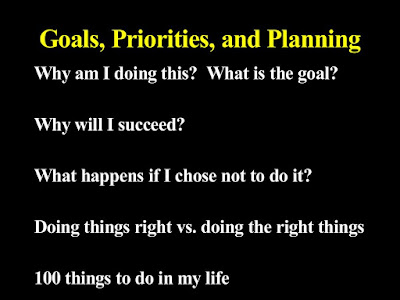.jpg)
.jpg)
.jpg)
.jpg)
.jpg)
.jpg)
.jpg)
.jpg)
.jpg)
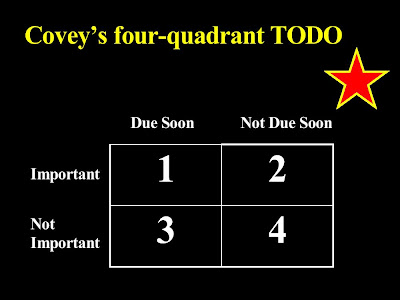.jpg)
.jpg)
.jpg)
.jpg)
.jpg)
.jpg)
.jpg)
.jpg)
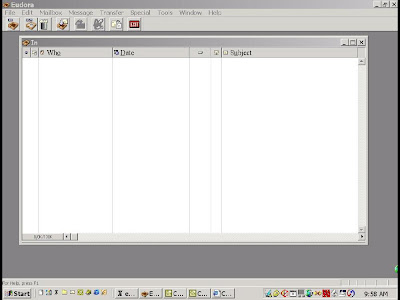.jpg)
.jpg)
.jpg)
.jpg)
.jpg)
.jpg)
.jpg)
.jpg)
.jpg)
.jpg)
.jpg)
.jpg)
.jpg)
.jpg)
.jpg)
.jpg)
.jpg)
.jpg)
.jpg)
.jpg)
.jpg)
.jpg)
.jpg)
.jpg)
.jpg)
.jpg)
.jpg)
.jpg)
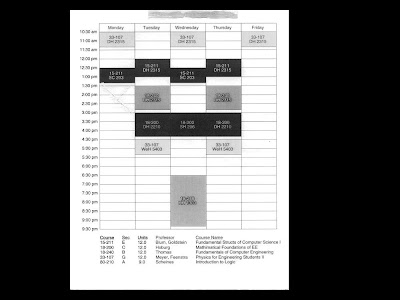.jpg)
.jpg)
.jpg)
.jpg)
.jpg)
.jpg)
.jpg)
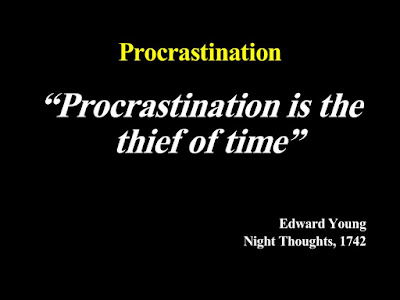.jpg)
.jpg)
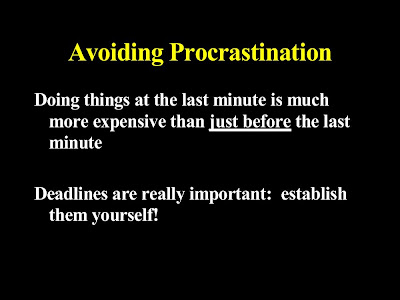.jpg)
.jpg)
.jpg)
.jpg)
.jpg)
.jpg)
.jpg)
.jpg)
.jpg)
.jpg)
.jpg)
.jpg)
.jpg)
.jpg)
.jpg)
.jpg)
.jpg)
.jpg)
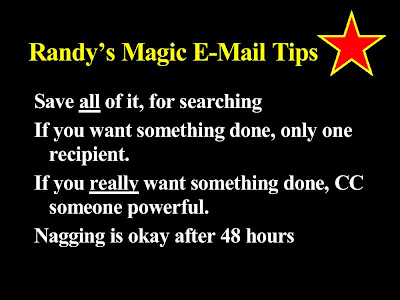.jpg)
.jpg)
.jpg)
.jpg)
.jpg)
.jpg)
.jpg)
.jpg)
.jpg)
.jpg)
.jpg)